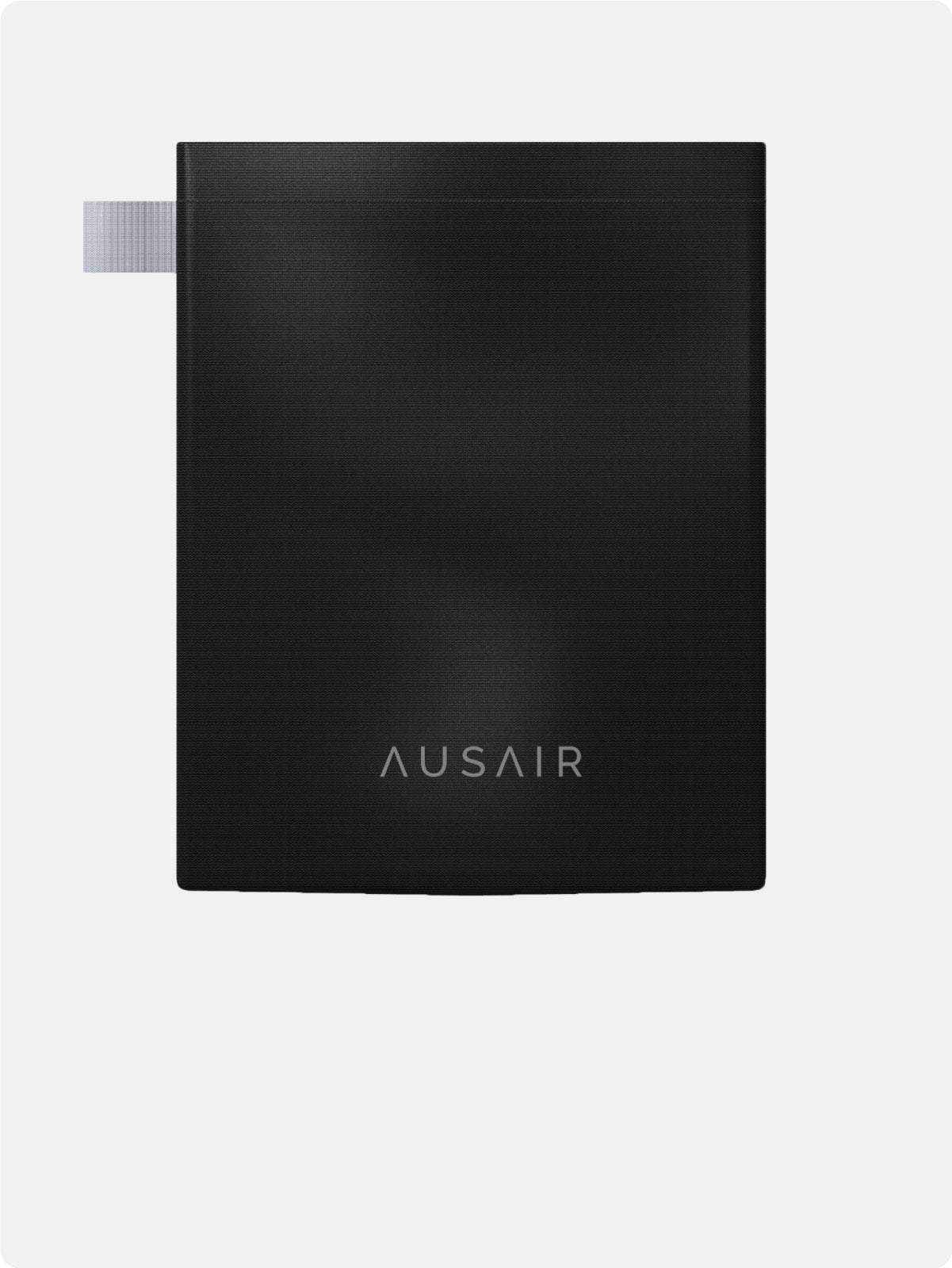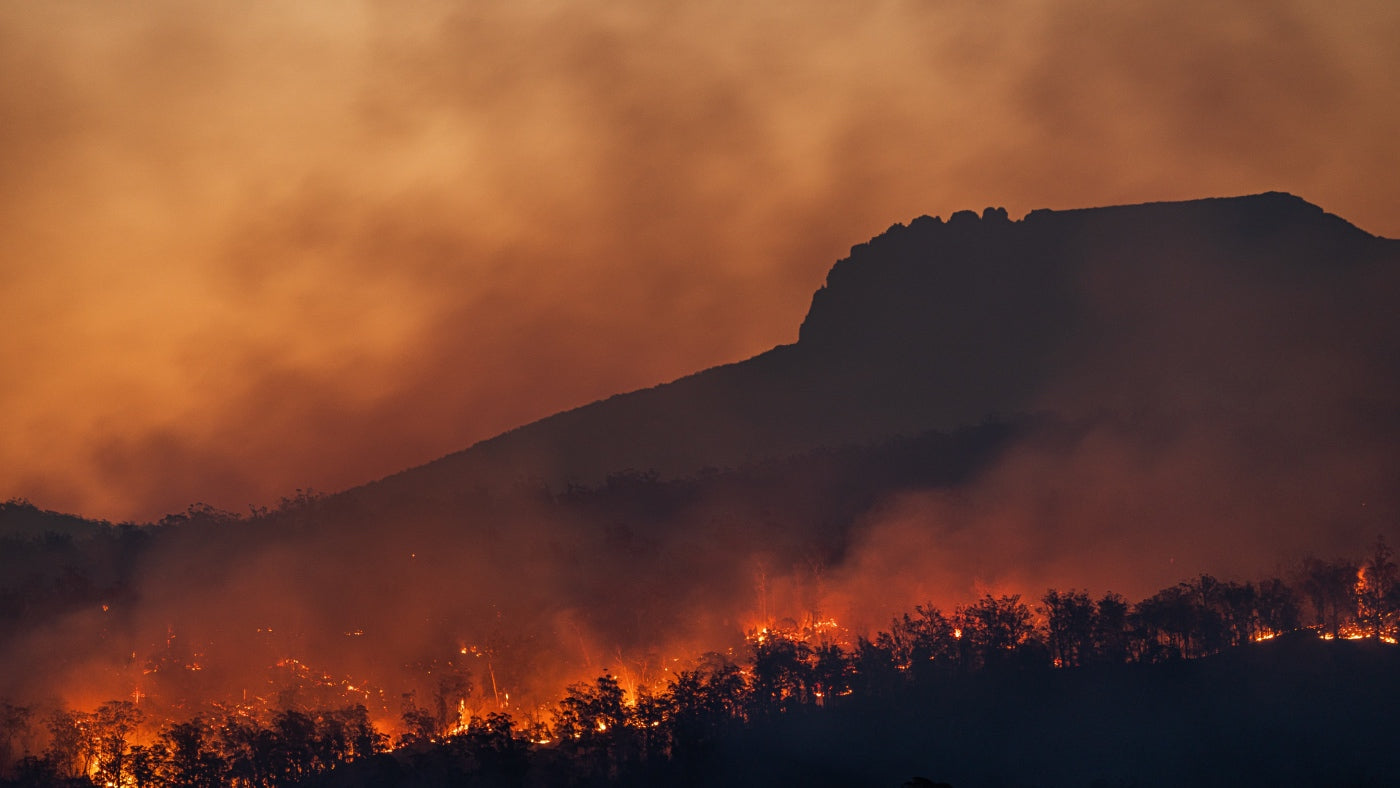The Impact of Wildfires on Air Quality
Reports from the New York Times reveal that smoke from extensive Canadian wildfires has traveled into the northern Central United States, significantly affecting air quality in Minnesota and Wisconsin. Throughout the past week, smoke from several major fires triggered air quality warnings in these states. The Minnesota Pollution Control Agency issued a statewide alert, while the Wisconsin Department of Natural Resources cautioned residents in the northwest region. Due to elevated levels of fine particulate matter, the air quality became unhealthy, necessitating that everyone, especially vulnerable populations, limit their outdoor activities.
The Current Situation
Firefighting efforts in Canada are ongoing, with multiple significant fires reported, including major ones like the Teepee Creek fire in Alberta and the rapidly spreading Parker Lake fire in British Columbia. These events highlight the unpredictable nature of wildfire season and the widespread impact it can have on air quality far beyond the immediate vicinity of the fires.
Why Monitoring Air Quality is Crucial
Wildfire smoke can travel vast distances, making it essential to keep a close watch on air quality reports, even if you reside far from the fires. Poor air quality can lead to various health problems, especially for vulnerable groups such as children, the elderly, and those with preexisting respiratory conditions. Staying informed about the air quality in your area can help you take necessary precautions to protect your health.
How to Stay Prepared
- Monitor Air Quality: Regularly check reliable sources like the Air Quality Index (AQI) or an at home personal air quality monitor to stay updated on the air quality in your area.
- Limit Outdoor Activities: When air quality is poor, reduce your time outdoors, especially for strenuous activities like exercise. If you must be outside, try to do so during times when air quality is expected to be better, typically in the morning.
- Use Filtration Masks: Certified filtration masks, such as those offered by AusAir, can significantly reduce your exposure to harmful particulate matter in the air. These masks are designed for everyday use and can help protect your respiratory system from smoke and other pollutants.
- Improve Indoor Air Quality: Use air purifiers with HEPA filters in your home to reduce indoor air pollution. Keeping windows and doors closed during high pollution periods can also help maintain better indoor air quality.
- Stay Informed: Keep track of local news and updates from environmental agencies to stay informed about wildfire developments and related air quality alerts.
As we enter another wildfire season, it's more important than ever to stay informed and prepared. Monitoring air quality reports and having protective measures like high-quality masks and air purifiers can make a significant difference in maintaining your health during these smoky conditions. By taking proactive steps, you can better protect yourself and your loved ones from the harmful effects of wildfire smoke.
















Leave a comment
All comments are moderated before being published.
This site is protected by hCaptcha and the hCaptcha Privacy Policy and Terms of Service apply.